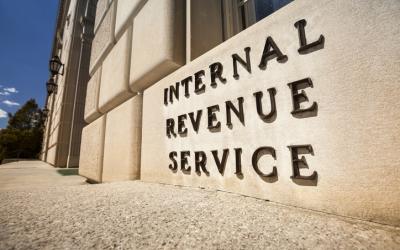Low-Income Housing Tax Credit: Policy Issue
Overview
The Low-Income Housing Tax Credit (LIHTC) is a public/private partnership that leverages federal dollars with private investment to produce affordable rental housing and stimulate new economic development in many communities. Under the program, state housing agencies issue credit allocations to developers who then sell the credits to investors. Investors receive a dollar-for-dollar reduction in their federal tax liability over a 10-year period, and developers invest the equity raised to build or acquire apartments. This equity allows apartment firms to operate the properties at below-market rents for qualifying families. LIHTC financed properties must be kept affordable for at least 30 years.

NAA Position
The LIHTC program provides critical support to the nation's affordable housing production. Given that there are currently just 45 affordable units for every 100 very low-income apartment households, lawmakers should strengthen the program by: (1) making permanent the increased credit authority enacted in March 2018 to enable the production of new units; and (2) establishing a minimum 4 percent credit rate.
As an Owner or Operator, How Does this Affect My Business?
A stronger LIHTC program enables developers of affordable housing to more quickly and effectively respond to the nation's housing needs. Specifically, establishing a minimum 4 percent tax credit rate for acquiring and rehabilitating apartment communities allows investors to derive the full value of the credit and developers to access greater financing resources.
Contact Information
To learn more about this issue, please contact NAA's Government Affairs team.
For more Information:



